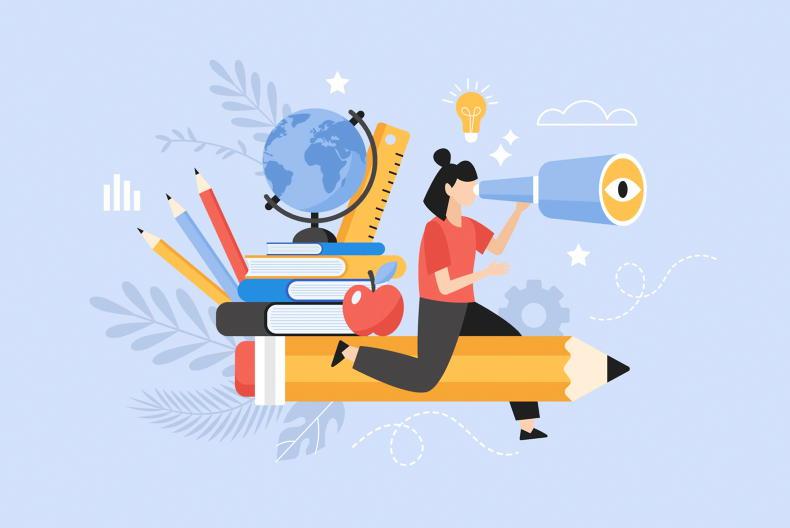Students, it’s that time of the year, where all that lies between you and the Christmas break is your end of semester and Christmas exams. Navigating through the exam season can be a daunting task that often goes hand in hand with stress and anxiety.
However, being prepared and feeling confident in your academic abilities can help you reach your full potential and get to the Christmas break with more ease. Follow the five tips below.
Effective time management
As the exam season is particularly busy, many students spend long hours at their desk. It is essential to manage time effectively. Creating a study timetable that allocates sufficient time for each subject, will help you to stay on top of your workload.
It is important to give more time to modules and subjects that you find more challenging or to exams that are worth more marks. Breaking down study sessions into manageable sections of work with shorter breaks will help you stay focused. Writing a list of the topics you want to cover at the start of each day will result in your study being more productive and keep you on track.
Effective time management is as important in the actual exam itself as it is in the study beforehand — during an exam, don’t get stuck on any particular question. If you don’t know the answer, move on.
Active learning techniques
Flashcards, mind maps, images and group study sessions can be useful tools to help you engage in active learning. Everyone learns differently, and it is a good idea to discover what type of a learner you are and study accordingly.
The five different learning styles are; visual learners, aural learners, verbal learners, kinesthetic and social learners. Figuring out which one you are will help you to retain information as there are recommended study techniques to match each learning type. Practising past exams or sample questions is invaluable as it will help you to familiarise yourself with the exam format and timings.
Maintain a healthy lifestyle
Sometimes when there is a lot going on and when you’re feeling stressed, you can neglect or forget to maintain a healthy lifestyle. It is the simple things like drinking enough water, getting a good night’s sleep and exercising regularly that need to be maintained during the exam season.
Ensure you are eating a balanced diet rich in nutrients and vitamins to help support cognitive (brain) function. Physical exercise reduces stress while increasing energy levels — getting out for a walk in the fresh air can be a good break from the books.
Utilise resources and supports
Most colleges and schools offer students a number of free supports and services, so don’t be shy about asking for help when you need it. The best people to go to if you have a question on something you are learning are your teacher, lecturer and academic staff, or access online resources.
Most colleges have maths and English support centres along with learning support facilities. It is nothing to be embarrassed about as it is your exam, nobody else’s.
Avoid procrastination
Procrastination is something everyone experiences from time to time. Putting a task on the long finger in order to avoid doing it is something we all do. It is best for you to identify the causes of procrastination and eliminate them, where possible. By breaking tasks into smaller, more manageable sizes, it is easier to work through your workload and not get overwhelmed. CL
The five different learning styles — which one are you?
1. Visual learners: The most common learning style is visual, meaning you remember illustrations like images, videos, diagrams, and charts that present important information clearly.
2. Aural learners: You retain information from hearing and listening to an audio form.
3. Verbal learners: If you retain information through reading and writing, you are likely a verbal learner.
4. Kinesthetic: Do you like to play out events when learning? Then you might be classified as a physical learner. These pupils learn best from brainstorming, mapping and journaling.
5. Social learners: If you enjoy learning in a room full of people, and learn from social interactions then you might be a social learner.






 This is a subscriber-only article
This is a subscriber-only article










SHARING OPTIONS: